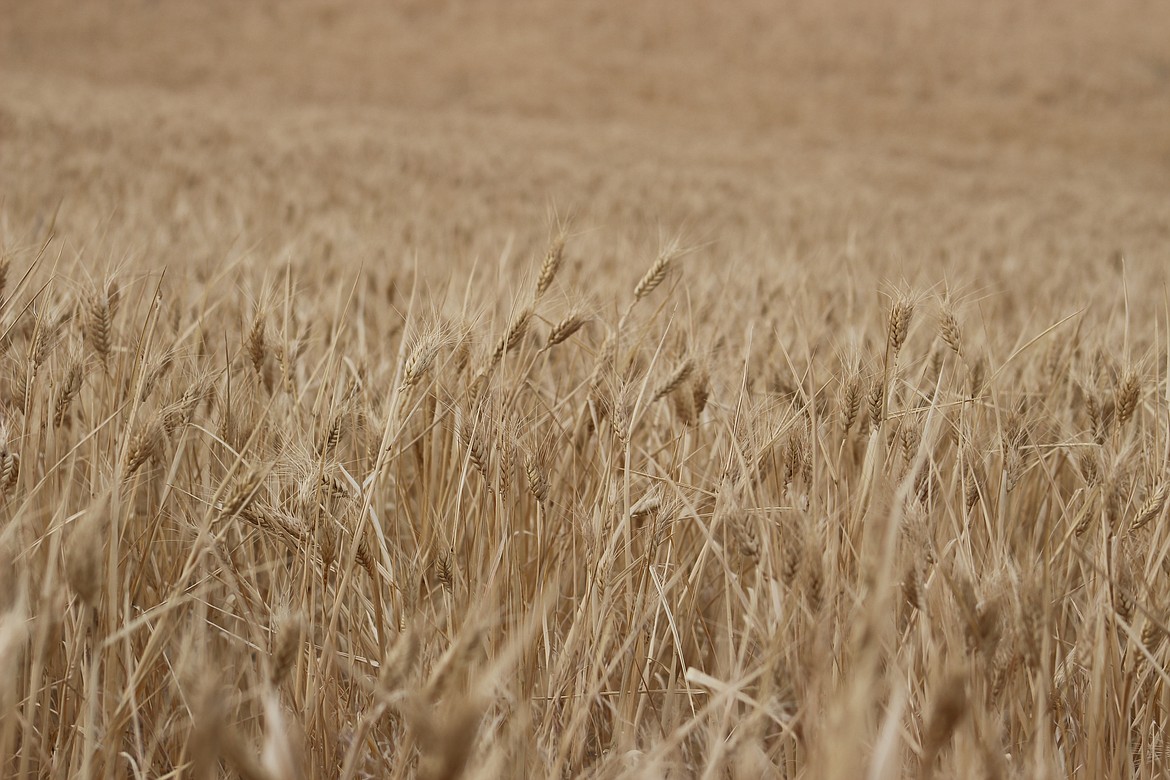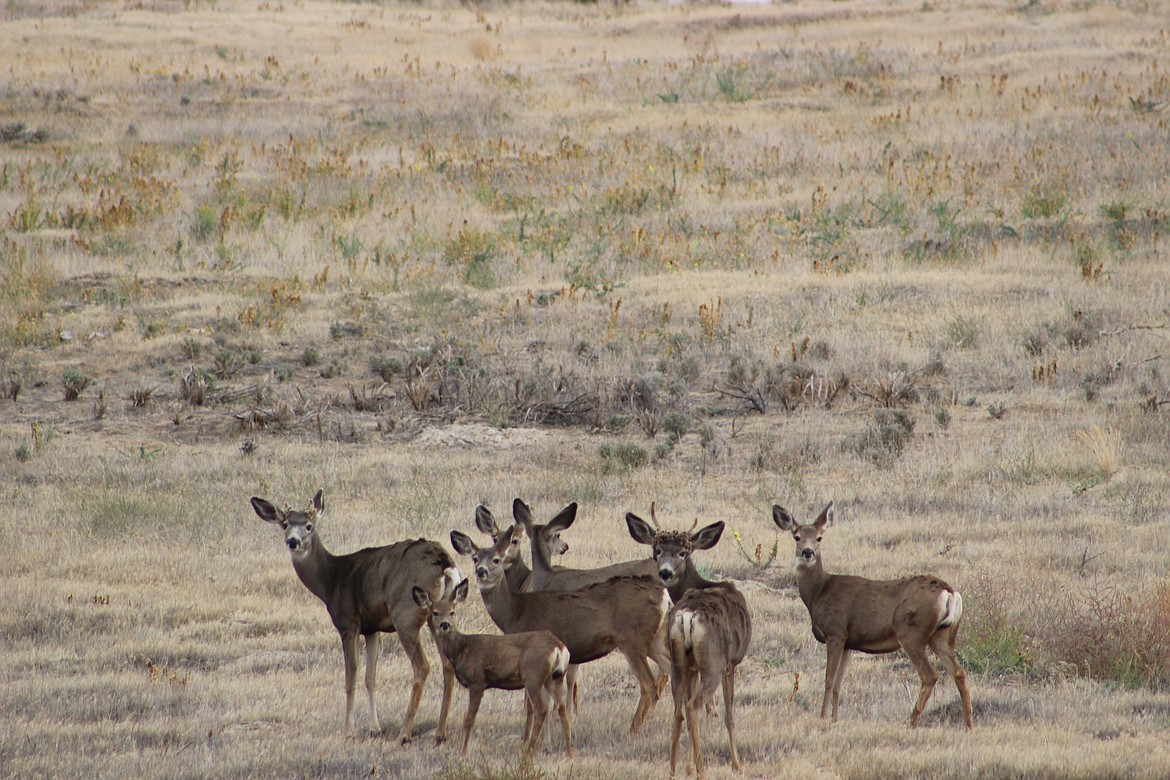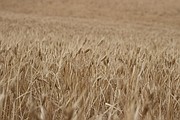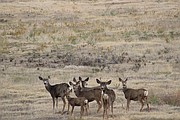It’s a farm life: Grant County farmer relies on determination
It’s a field of work with very high highs and very low lows.
Farming isn’t for everyone, but for some the risk of bad weather, fluctuating prices, and long hours is worth the reward. One of those people is Thomas Pfeifer.
Farmers tend to be inherently private people, and 72-year-old Pfeifer said he is no different. It may make sense someone who works a mostly solitary job would like to be left alone with their tractor.
Pfeifer, who is now semi-retired, grows mostly wheat, hay (alfalfa, timothy) in the Wilson Creek area, and maintains Conservation Reserve Program (CRP) land. He said he’s happily married to his wife of 31 years, Dianna, who he loves to travel with, and he has four grown children.
When the Herald asked Pfeifer to talk about his experience as a farmer, he gave a nervous laugh and asked if he could remain anonymous. But after some explanation to him on the topic, he relaxed a little and agreed to talk about his life.
Born in October 1948, Pfeifer grew up locally and worked for his father, a dryland farmer, at the tender age of 12.
Tom jokingly said he’d been a farmer for “100 years! No, about 60. Basically, my whole life.”
After graduating high school in Wilson Creek, he attended college at Eastern Washington University, where he received a bachelor’s of art and education. Once he graduated, Pfeifer began looking for a job, but when he couldn’t find one, he went home and started working as a farmer himself, like his father before him.
After saving up for a couple years, Pfeifer used his hard earned money to buy some land of his own, in northern Grant County.
“A few acres too many,” he said.
Of course, like any job, farming has its ups and down, but Pfeifer believes with determination, anyone can be a farmer.
“You would have to start at a very small scale. My son has bees and that makes him a farmer. You don’t have to have a lot of land. There are small farms, family farms, even gardens count,” he said.
“To be a farmer now though would be very difficult unless you married into it or were born into it. The cost of land and machinery can be a lot, but it could be done,” he added.
There are hardships being a farmer.
“The weather, the heat, the cold and the long hours. Farming is a way of life, sometimes it’s good and sometimes it’s bad. It depends on the season, but I get up at 5, watch the sun go up and go down; go to bed at 8,” he said.
“Drought really affects the yield on a crop, but the prices for seeds and things stay the same. In a dry land scenario, one might have to reseed without water, which can have a negative effect,” he added
Pfeifer farms mostly irrigated land, so he doesn’t have to worry about drought as much as dryland farmers do, but the downside to irrigated land means hefty water and power bills.
There are upsides to being a farmer.
“It’s a self-employed job and there are two ways to look at it. A great thing is you get to make the decisions, but there is a learning curve. The older, more confident, better at what you do,” he said.
Pfeifer is 72 going on 73 and is still a farmer, just with plenty of experience and working fewer hours. Pfeifer appears to have made a name for himself and is quite successful in the community.
When asked what his favorite part about being a farmer was, Pfeifer said, “It’s a lifestyle, you get to be with nature, get to see the sun come up and the sun go down, get to see the reward when you do a good job. They say it’s in your blood. It’s not a bad life.”







